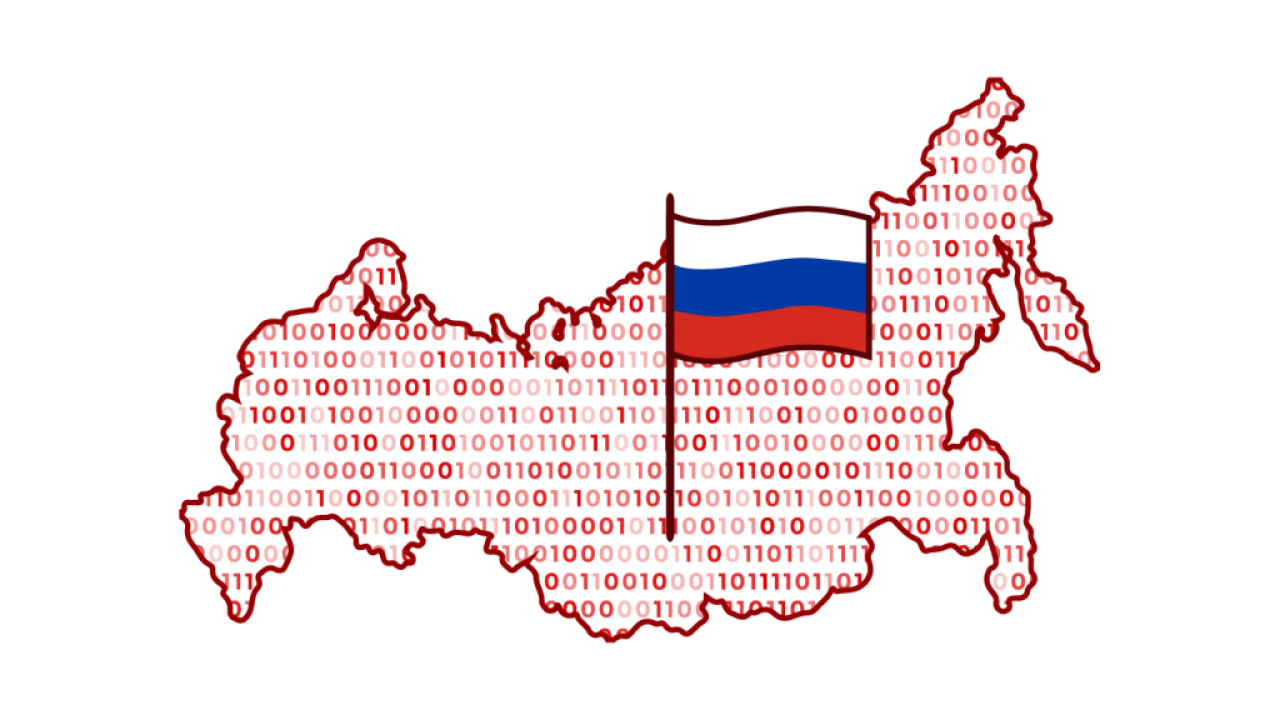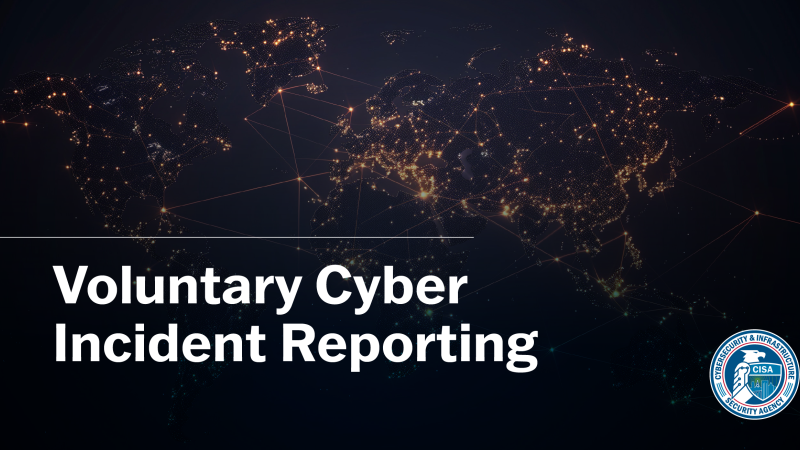
Russia Threat Overview and Advisories
CISA works to ensure U.S. critical infrastructure, government partners, and others have the information and guidance to defend themselves against Russia state-sponsored cybersecurity activity.
Prioritizing patching of known exploited vulnerabilities is key to strengthening operational resilience against this threat.

Russian GRU Targeting Western Logistics Entities and Technology Companies
The U.S. government and partners released an advisory detailing a Russian state-sponsored cyber espionage-oriented campaign targeting technology companies and logistics entities.

Key Resources

Defending Against Nation-State Cyber Threats
Find more information on nation-state adversaries and related resources.

Physical Security
Find preventative and protective strategies to strengthen physical security.

Securing Public Gatherings
Find more information on mitigating security risks associated with public gatherings.

CISA Voluntary Cyber Incident Reporting
This resource is designed to help entities that may be considering voluntarily reporting cyber incidents understand “who” CISA recommends report an incident, “why and when” CISA recommends they report, as well as “what and how to report.”




